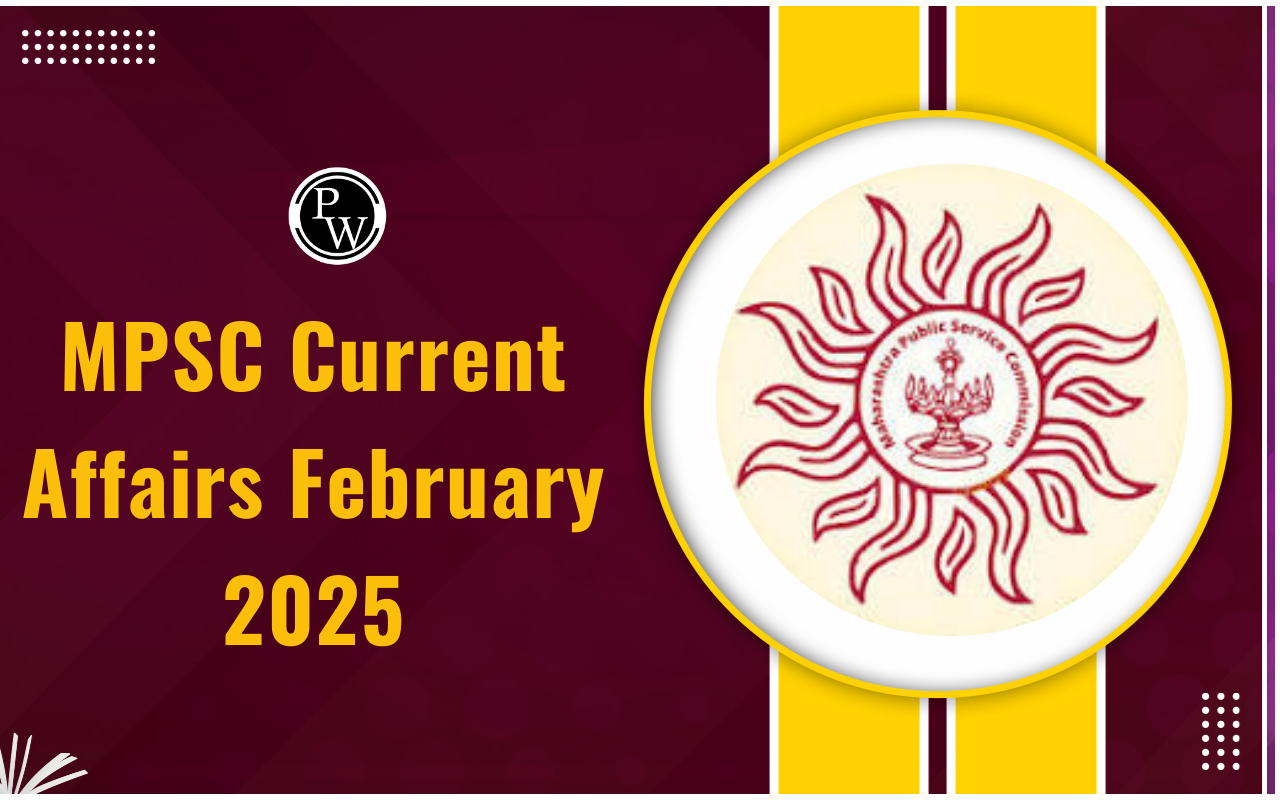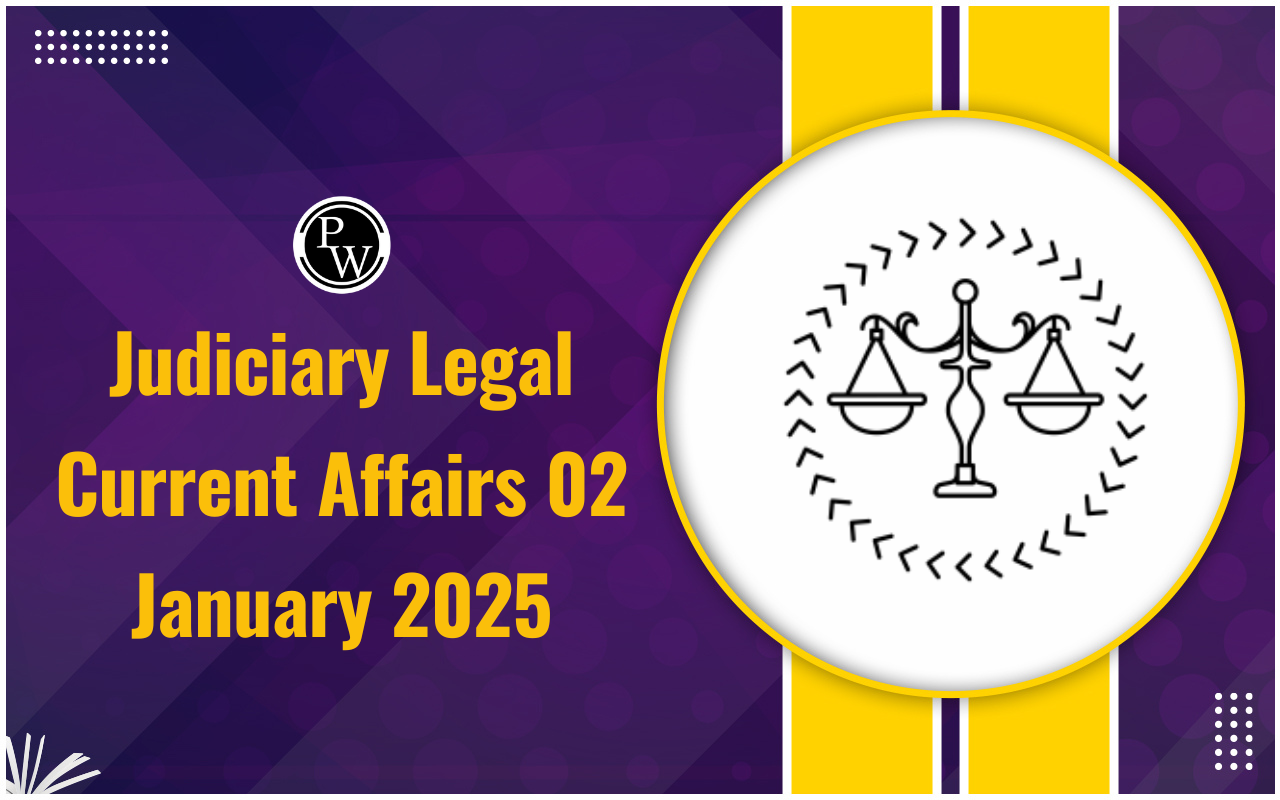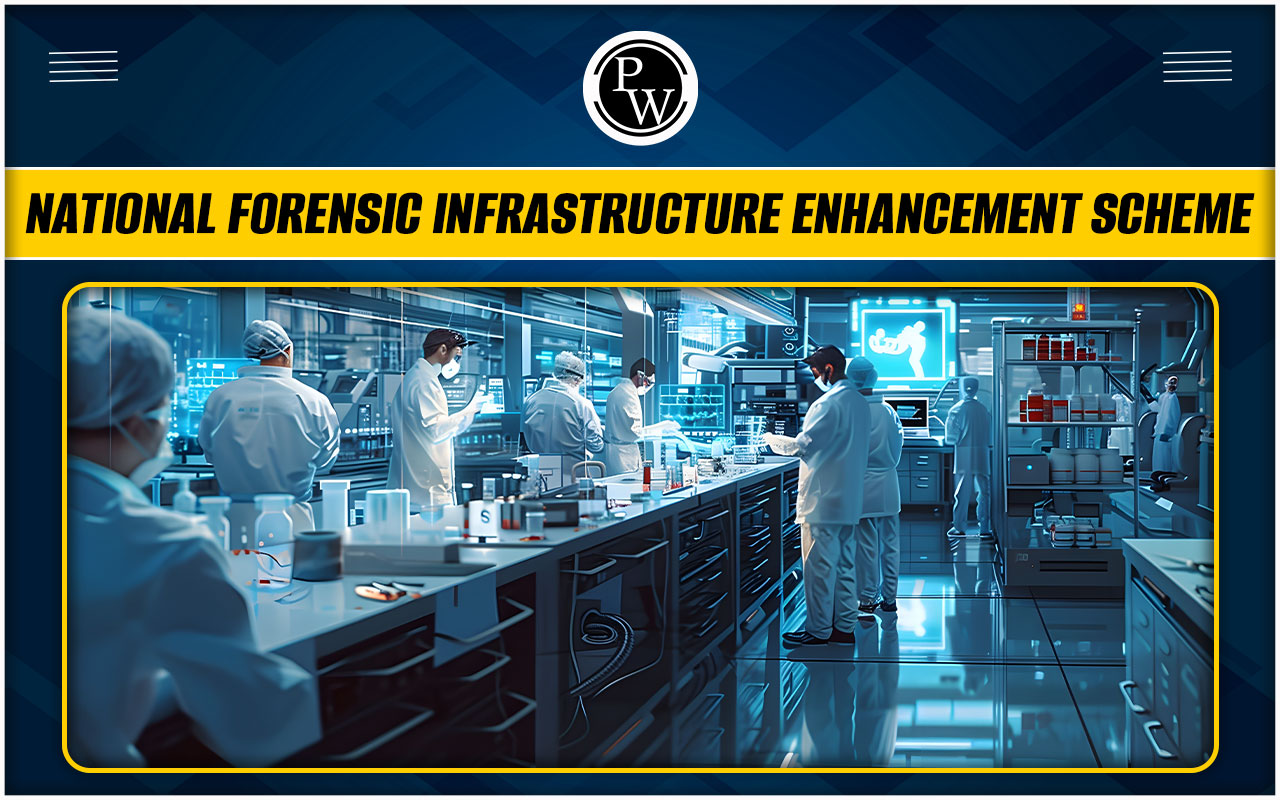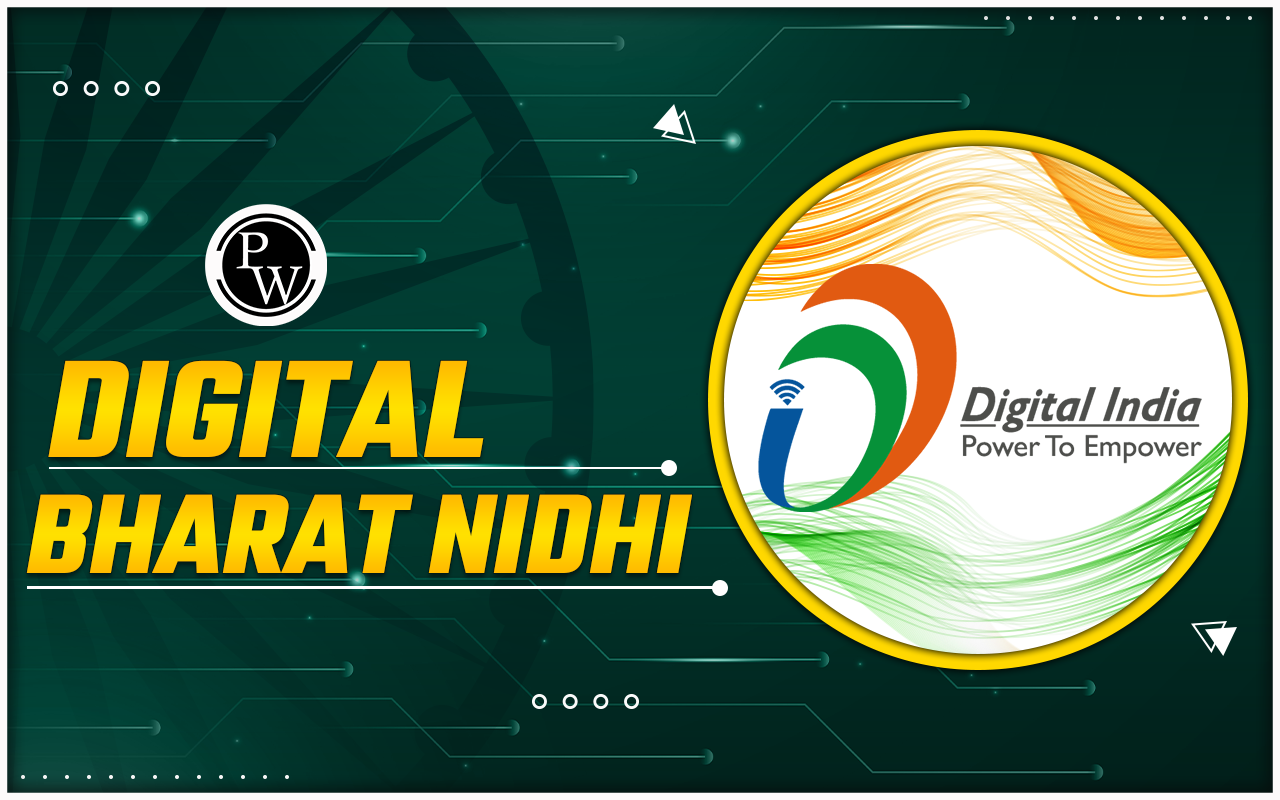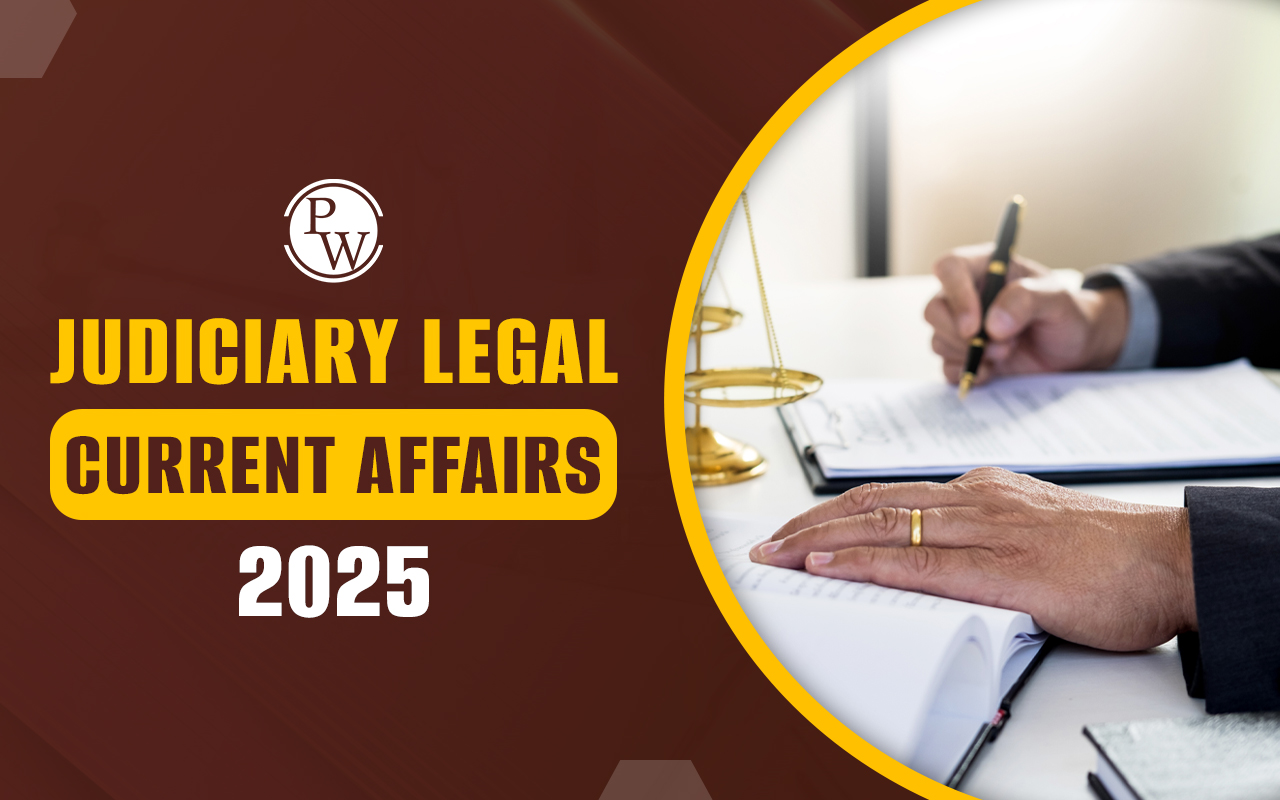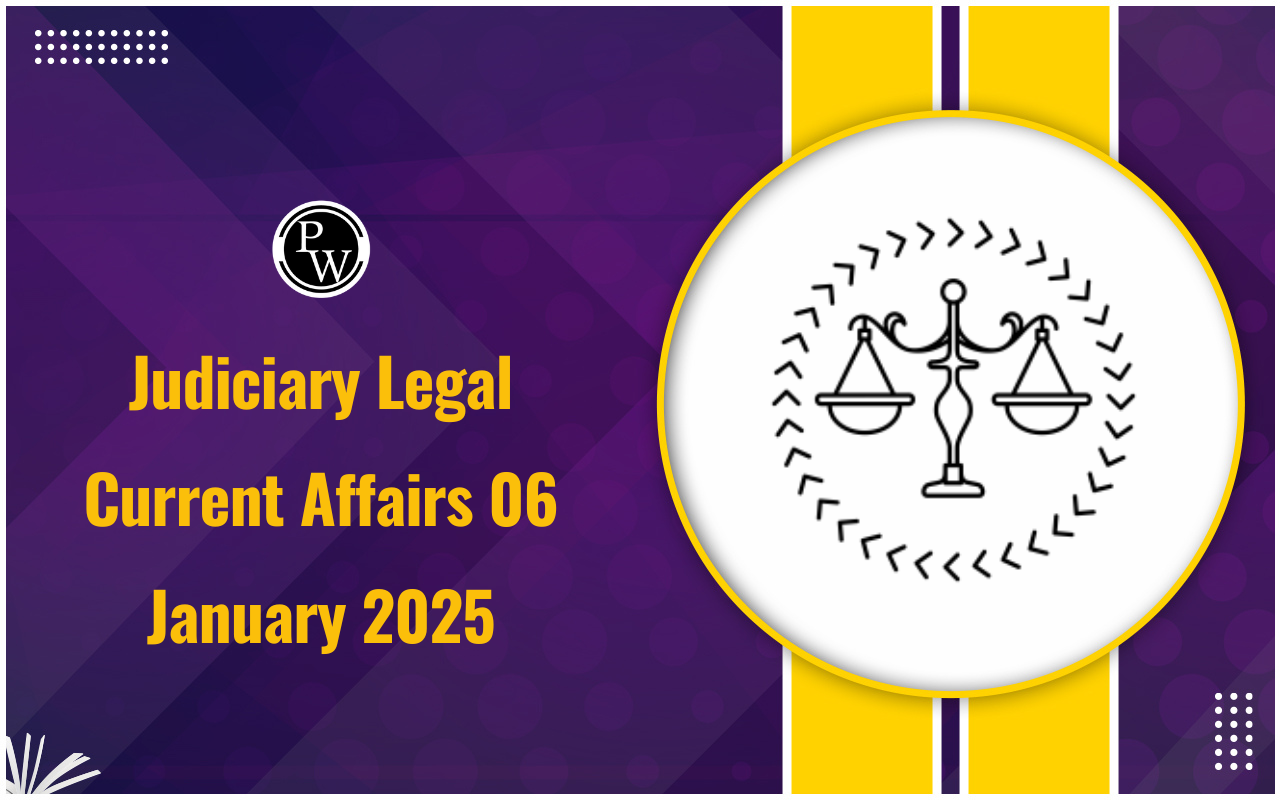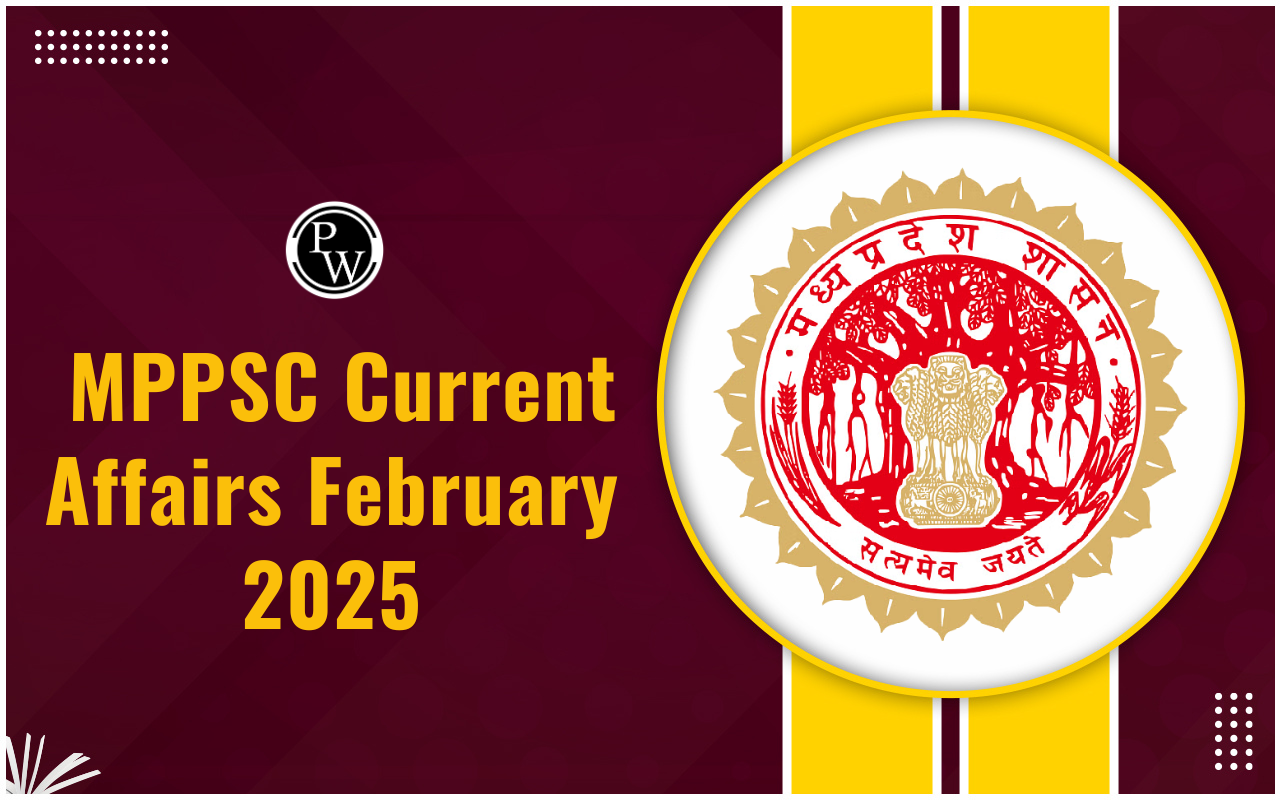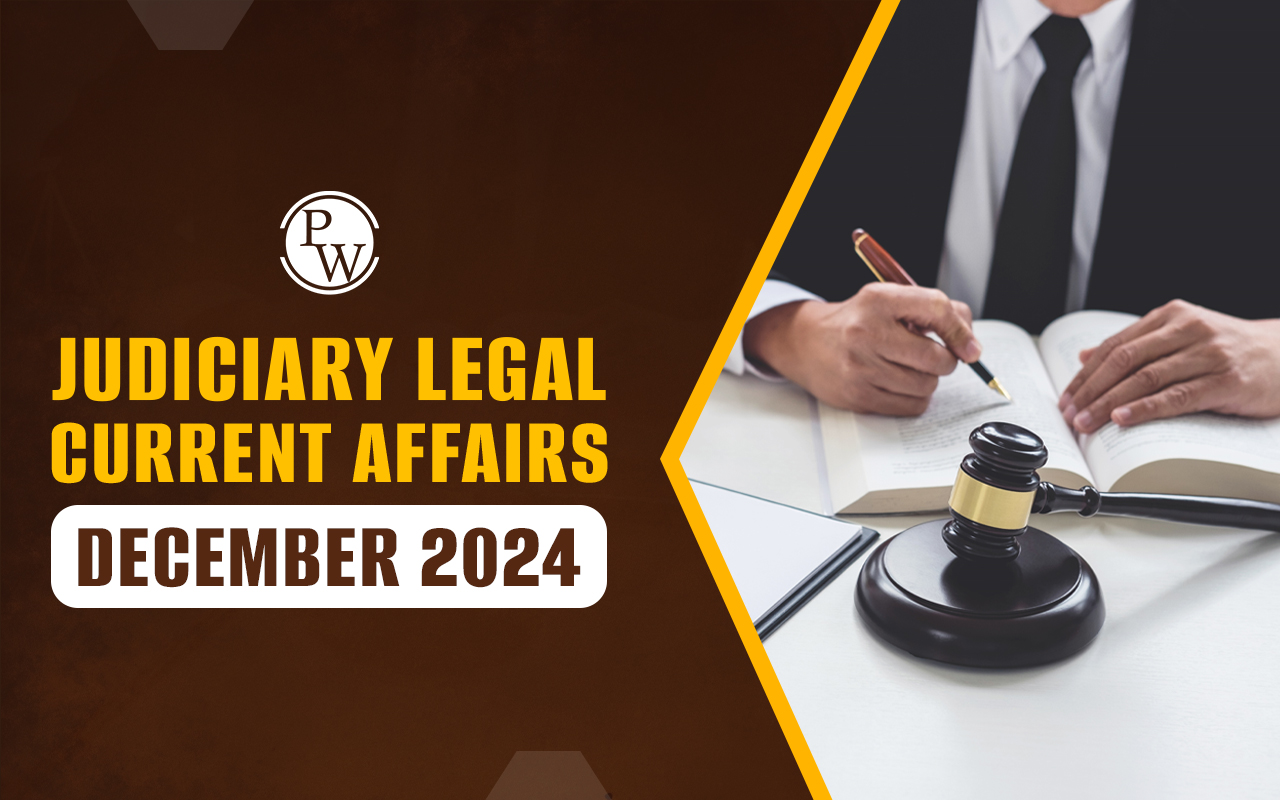
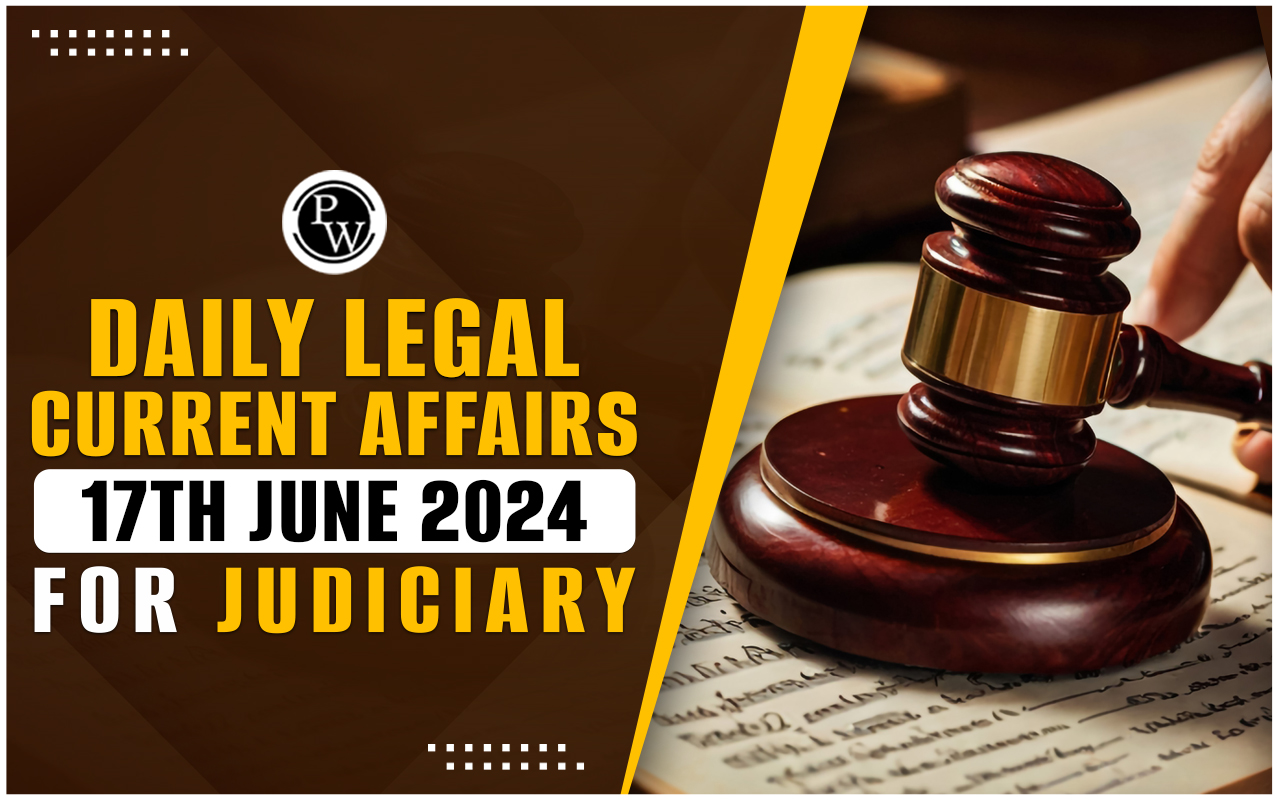
CHIEF ENGINEER (NH) PWD (ROADS) VERSUS M/S BSC & C and C JV
-
- BENCH : Justices Abhay S Oka and Ujjal Bhuyan
- FORUM : Supreme Court
- TOPIC : High court Not Having original Civil Jurisdiction cannot Extend Time to pass Arbitral Award As per S.294(4) Arbitration Act : SC
- OBSERVATIONS
- The Supreme Court held that a High Court which does not have original civil jurisdiction does not have the power to extend the time limit for passing of the arbitral award as per Section 29A of the Arbitration & Conciliation Act 1996 (“Act”).
- The bench comprising Justices Abhay S Oka and Ujjal Bhuyan clarified that as per the mandate of Section 29A the power to extend the time limit for passing of the arbitral award vests within the principal Civil Court of original jurisdiction, but there is no impediment for the High Court who is exercising the ordinary original civil jurisdiction to extend the time limit.
- Section 29A of the Act being inserted through the 2015 Amendment to the Arbitration and Conciliation Act prescribes a maximum period of 18 months within which the arbitral tribunal has to pass an arbitral award.
- Sub-section (4) of Section 29A provides power to the civil court having original jurisdiction to extend the time limit for passing of the award if the award was not passed within the prescribed period.
- The case emanated from the Meghalaya High Court decision, whereby the High Court rejected the application of the appellant to extend the time limit for passing of the arbitral award. The High Court refused to do so as it didn't have the original civil jurisdiction.
- Further, it noted that in the event of the High Court not having original civil jurisdiction to extend the time limit, then the appropriate court would be the principal civil court having original jurisdiction to entertain such an application seeking a time limit extension. Finding no merit in an appeal, the Supreme Court was not inclined to entertain the petition against the High Court's decision and approved the ratio laid down by the High Court.
- “The power under sub-Section (4) of Section 29A of the Arbitration Act vests in the Court as defined in Section 2(1)(e) of the Arbitration Act. It is the principal Civil Court of original jurisdiction in a district which includes a High Court provided the High Court has ordinary original civil jurisdiction… In this case, the High Court does not have the ordinary original civil jurisdiction… Hence, there is no merit in the Special Leave Petition. The same is, accordingly, dismissed.”, the court said.
- PROVISIONS UNDER CONSIDERATION
- Section 29 A of Arbitration Act
SMITA SHRIVASTAVA v. THE STATE OF MADHYA PRADESH
-
- BENCH : Justices BR Gavai and Sandeep Mehta FORUM: Supreme Court
- TOPIC : Supreme court Imposes Rs.10 Lakhs Cost on MP Govt For Denying Appointment To Teacher, Asks Govt To Recover From Erring Officials
- OBSERVATIONS
- Recently, the Supreme Court imposed a cost of Rs. 10,00,000/- (Ten Lakh Rupees) on the Madhya Pradesh Government for disobeying the High Court's order and denying a valid appointment to a 'Samvida Shikshak' selected on a contract basis.
- The court directed the state government to recover the said amount from the erring official(s) responsible for taking deliberate, illegal, mala-fide actions to deny relief to the Shikshak.
- Reversing that part of the High Court's Division Bench order which denied the restitutive relief to the appellant/Shikshak, the bench comprising Justices BR Gavai and Sandeep Mehta observed that despite recognizing that the appointment of the appellant was wrongly denied which was in contravention of its own order, the High Court failed to provide restitutive relief to the appellant even after holding that she was illegally deprived of her lawful entitlement
- “In spite of having passed the selection exam held for the post of Samvida Shala Shikshak Grade-III way back on 31st August, 2008, the appellant did not reap the fruits of her success.
- The State Government took the shield of an amended rule i.e. Rule 7-A, issued on 29th July, 2009 for denying relief to the appellant herein, even when the said rule had no retrospective application.
- Not only this, in spite of the High Court having struck down the said rule and passing repeated orders in favour of the appellant, another notification dated 21st March, 2018 was issued making the amended rule effective from 1st January, 2008 i.e. prior to the date of recruitment.”, the Judgment authored by Justice Sandeep Mehta said. The Court termed the action of the state government an attempt to bypass the orders passed by the High Court by hook or by crook so as to prevent the appellant and her peers of their lawful claim to appointment which stood crystalized long back.
- Drawing reference from the case of Manoj Kumar v. Union of India and Others , the court held that the appellant was entitled for restitutive relief along with compensation for the misery piled upon her owing to the arbitrary and highhanded action of the State Government and its officials. The purpose of granting restitutive relief to the appellant was to take reasonable measures to restitute the injury suffered by her for prolonged litigation, which she suffered due to high handed approach of the state government officials, who denied appointment to the appellant on the position of Samvida Shikshak.
- Recently, in the case of Vansh v. Ministry of Education & Ministry of Health & Family Welfare, the court provided restitutive relief to the candidate against the illegal deprivation from his rightful admission in the first year of the MBBS course owing to the insensitive, unjust, illegal, and arbitrary approach of the respondents and so also on account of the delay occasioned in the judicial process.
- Accordingly, the following directions are issued:-
Pooja Gagan Jain v. State of Maharashtra and Anr .
-
- BENCH : Justice Bharati Dangre and Justice Manjusha Deshpande
- FORUM : Bombay High Court
- TOPIC : Pune Porsche Accident | Bombay High court Denies Urgent Relief To Minor’s Aunt Seeking His Release From Custody
- OBSERVATIONS
- The Bombay High Court declined urgent relief for the minor accused in the Pune Porsche crash case while hearing a habeas corpus petition filed by his paternal aunt, seeking his release claiming that he is unlawfully and arbitrarily detained in an observation home.
- A division Justice Bharati Dangre and Justice Manjusha Deshpande said that as the minor had been in the observation home since May 21, 2024, there was no urgent need for an interim order, and posted the matter on June 20, 2024. The petition contends that the juvenile had been unlawfully taken from the custody of his grandfather, who was initially responsible for him following the grant of bail, and placed in an observation home without proper review of the earlier order.
- “How could he be taken away from the custody of his grandfather and put in an observation home that too by recalling, reviewing the earlier order of 19th May 2024 is something that is completely in contravention to law and this Hon'ble Court must seriously look into this aspect.
- There was no application moved by the investigating agency under Section 439(2) of Cr. P.C. on 22nd May 2024. The application moved by the investigating agency has no prayer clause and was not legally maintainable”, he petition reads.
- The minor, who is the son of a prominent builder in Pune, was involved in a car accident on May 19, 2024 where his Porsche collided with a motorcycle in the Kalyani Nagar area, resulting in the deaths of two individuals.
- He had allegedly been drinking at a pub with friends before driving. The juvenile was initially charged with rash and negligent driving, endangering life, and causing death by negligence under Sections 304A, 279, 337, and 338 of the IPC, along with provisions of the Maharashtra Motor Vehicles Act.
- He was granted bail on May 19, 2024 but was subsequently remanded to an observation home. His parents as well as grandfather are also in judicial custody in different cases related to the car crash. The plea, filed through advocate Swapnil Ambure, argues that the Juvenile Justice Board's (JJB) decision to detain the minor was unlawful.
- The petition contends that the juvenile should be protected under the Juvenile Justice (Care and Protection of Children) Act to ensure he does not become a hardened criminal. It also challenges the orders of May 22, 2024 and June 4, 2024, which extended his detention in the observation home, claiming they were made without proper legal basis. Senior advocate Abad Ponda for the petitioner sought immediate release of the minor and sought time to amend the petition to include the JJB's June 13, 2024 order extending the detention. The court refused to grant immediate relief but allowed time for the petitioner to amend the petition.
- The petition also claims that public sentiment and media reports on the judicial process, swayed the judge against the minor. The plea read: “ the Special Judge seemed to have swayed away by the pressure of media reports. The Petitioner by no means is commenting upon the integrity and the substantiveness of a Judicial Officer, but is only trying to highlight that in the present matter, the media is playing a huge part and one can easily see how a member of the Juvenile Justice Board is hounded. The intervention of this Hon'ble Court in the present case is essential to protect the spirit of justice. If an offence is said to have been committed, there is a process which is enacted and one cannot bypass the same not even under the powerful push of the mainstream media.”
- The petition further states that High Court intervention is required to uphold the legal process and prevent media influence from bypassing judicial procedures.
- “The record available on the social media, news articles and WhatsApp messages which are circulated everywhere would show that the CCL and his family have already suffered enough and continue to suffer as it is very difficult to regulate such hate campaigns. against the family”, the petition adds. Pending the disposal of the plea, the petitioner has sought temporary release of the minor from alleged unlawful incarceration.
- PROVISIONS UNDER CONSIDERATION
- Section 304 A IPC
- Section 439 (2) of Crpc
Rajat Sharma v. X Corp & Ors .
- BENCH : Justice Neena Bansal Krishna
- FORUM : Delhi High Court
-
- TOPIC : Delhi High court Removal of Tweets By congress Leaders Against Journalist Rajat Sharma
- OBSERVATIONS
- The Delhi High Court has ordered removal of tweets made by Congress leaders Ragini Nayak, Jairam Ramesh and Pawan Khera alleging that senior journalist Rajat Sharma used abusive language on air during a show on the election result day. Granting ex-parte ad interim injunction order in favour of Sharma in his defamation suit, Justice Neena Bansal Krishna ordered: “…it is directed that the X Posts/Tweets which have not been removed, be removed within seven days by defendants in terms of the Intermediary Guidelines.”
- The court further directed that the videos which are in the public domain be made private by Google India Private Limited and not to be put in the public domain, without judicial orders. The URLs ordered to be removed are YouTube videos and Twitter posts made by the three Congress leaders, Indian National Congress and other users.
- The controversy arose after Congress national spokesperson Ragini Nayak accused Sharma of abusing her on national television on the counting day of 2024 Lok Sabha polls. The court said that the balance of convenience was in Sharma's favour as by making the videos private or injuncting them from being available on the public platforms, would not, in any way, infringe on the rights of the defendants of freedom of speech and expression which they can exercise within the defined parameters.
- “However, the inconvenience that would result from these videos and X posts/Tweets etc., continuing to remain in public domain, has the potential to cause an inconvenience which may not be possible to be reparated or compensated by damages or otherwise, in future,” the court said.
- Justice Krishna noted that the three Congress leaders posted an edited video on X claiming it to be the 'Raw Footage' of the debate held on the voting day on India TV New Channel.
- However, the court said, that from the footage of the TV debate which was played in the Court, it was prima facie evident that Rajat Sharma had barely intervened for a few seconds and no abusive language was used against Ragini Nayak. “No harm would be caused to the defendants if the material is restrained from remaining in public domain till the suit is adjudicated on merits, while these tweets have a potential of bringing disrepute to the Plaintiff in future with practically no reparation to the damage to his reputation,” the court said. It added there is a thin line of distinction between defamation and public criticism and an onerous task lies with the Courts to maintain the delicate balance between the competing claims and rights.
- “While the threshold of public criticism and alleged defamatory X posts/Tweets and YouTube videos on intermediary platforms is much higher, but the individual dignity and honour of a person cannot be allowed to be defamed or disrepute brought to him on the ground of Right of Free Speech and Expression,” the court said.
- Furthermore, Justice Sharma prima facie observed there was no abuse given by Rajat Sharma to Nayak but in subsequent videos, insertion was made that “Rajat Sharma Ne Di Gaali” which prima facie was a “total misrepresentation of the true facts.” The court said that “convoluted insulations” were made by Nayak which were targeted at damaging Sharma's reputation.
- “The irreparable loss and injury would be caused to the plaintiff for if the videos and Tweets, etc as mentioned above, is allowed to be in the public domain, it would continue to cause harm to his reputation as a respectable Journalist which would cause irreparable harm to the plaintiff,” the court said. In a public response shared on X, India TV tagged Nayak and Congress leaders Jairam Ramesh and Pawan Khera and said that the allegations made by them on their social media posts are “absolutely false and lacked any basis and foundation whatsoever.”
- The post also said that the allegations are malicious and defamatory and constitute fake news. It further said that Sharma, who has been in the journalism profession for more than four decades, has a very high degree of credibility and reputation and is known for his cultured and civilised behaviour, both on and off air.
- “You have blatantly violated all limits of public decency by falsely accusing a personality of high repute. We are taking legal advice on this to take further action,” the post added. Later, Sharma also posted a video on X stating that he never raised his voice on anyone and never disrespect anyone.
Also Check: Daily Legal Current Affairs 12 June 2024
Tshering Thendup Bhutia vs. State of Sikkim
-
- BENCH : Justice Meenakshi Madan Rai and Justice Bhaskar Raj Pradhan
- FORUM : Sikkim High Court
- TOPIC : Mere Lack of injuries on Rape Victim who was examined Days after incident Not a reasons to Doubt Her Credibility: Sikkim High Court
- OBSERVATIONS
- The Sikkim High Court has held that lack of injuries on a victim of rape would not disprove the prosecution's case if the victim's testimony is found to be credible and trustworthy. The division bench of Justice Meenakshi Madan Rai and Justice Bhaskar Raj Pradhan observed that “mere lack of injuries on the victim's body who was examined after five days of the incident, would not be fatal to the prosecution case when the victim's testimony is found reliable.”
- The petition was filed by the accused/appellant against his conviction by the Trial Court for offence of rape under Section 376(1) of the Indian Penal Code, 1860 (IPC). The victim was medically examined after the lodging of FIR, which was after five days of the incident. The accused/appellant argued that the victim gave a false accusation to avenge him for rejecting the proposal to marry the victim's sister and that there were no struggle marks or injuries on the body of the victim.
- The Trial Court had found the victim's testimony to be reliable and that the delay in lodging the FIR was adequately and reasonably explained. Based on the Trial Court's opinion that the victim's testimony inspires confidence, the High Court remarked “It is, therefore, important for us to examine the testimony of the victim. If the victim's testimony is found creditworthy, the lack of injury on her body when she was medically examined only after five days would not materially affect the prosecution case.”
- The High Court noted that during the trial, the victim had described the incident in good detail and gave the answers honestly during cross-examination. It held that the sole testimony of the victim was reliable and the lack of injuries cannot be a reason to doubt the credibility of the victim. “We are, therefore, of the opinion that the sole testimony of the victim inspires confidence and does not suffer from any basic infirmity.
- The probability factor also does not render it unworthy of credence. We are alive to the fact that in a case of rape, no self respecting woman would come forward in a Court just to make a humiliating statement against her honour to avenge, as was alleged by the defence, the rejection of the match of one of her sisters with the appellant.” the Court stated.
- The Court upheld the Trial Court's conviction of accused for the offence of rape.
- PROVISIONS UNDER CONSIDERATION
- Section 376 of IPC
Also Check: Daily Legal Current Affairs 14 June 2024
XXX v. Union of India
-
- BENCH : Justice A. Badharudeen
- FORUM : Kerala High Court
- Topic : [Walayar Rape – Death Case]Govt should consider Request of Victim or victim’s Representatives while Appointing Public Prosecutor: Kerala High Court
- OBSERVATIONS
- The Kerala High Court has held that the Government should consider the request of the victim or representatives of the victim while appointing a Public Prosecutor or Special Public Prosecutor. Justice A. Badharudeen observed that the absolute power to appoint a Public Prosecutor or Special Public Prosecutor is with the Government but that does not mean that it should completely negate the request of the victim or representatives of the victim while making such appointments.
- “Therefore, a victim or somebody on behalf of the victim can request for appointment of a lawyer of his/her choice for appointment of Public Prosecutor or Special Public Prosecutor, though, indubitably, appointment of Public Prosecutor or Special Public Prosecutor in the absolute power of the appropriate Government.
- But that does not mean that while exercising the power to appoint a Public Prosecutor or Special Public Prosecutor the appropriate Government should negate the request of the victim or somebody on behalf of the victim.
- To put it otherwise, the appropriate Government has the power to consider the representation and appoint a Public Prosecutor or Special Public Prosecutor, as requested by the victim or somebody on behalf of the victim in an appropriate case, taking note of the grievance of the party, who makes the request.” In 2019, the Special POCSO Court at Palakkad acquitted four persons (V Madhu, M Madhu, Shibu and Pradeep Kumar) who were accused of rape and murder of two minor sisters, aged 13 and 9 of Dalit Community in Walayar, Palakkad. Both the victims belonged to the Scheduled Caste Community.
- The acquittal verdict had caused much outrage in Kerala, with serious criticism of miscarriage of justice during the trial. In 2021, the Kerala High Court had set aside the order of the Trial Court acquitting the accused and ordered for re-trial. The High Court also gave liberty to the prosecution to seek further investigation in the case. The CBI was entrusted with the investigation and filed a final report arraying four persons as accused.
- The CBI is continuing its investigation to find out whether more persons were involved in the crime. The criminal writ petition was filed by the mother of the victims seeking for an appointment of a Public Prosecutor of their choice. The Counsel for the victim's mother submitted representations before the Government seeking to appoint Advocate Rajesh M Menon as the Special Public Prosecutor.
- The petitioner also seeks to set aside the order of the Central Government appointing Advocate Arun Antony and Advocate Sunil Varma as Public Prosecutor. The Counsel for CBI, Special Prosecutor Dr K P Satheesan submitted that the victim or the representatives of the victim have no right to seek appointment of a Special Public Prosecutor since such powers were vested with the Government.
- It was argued that as per Section 24 (8) of CrPC , the Central Government or State Government may appoint an advocate with no less than 10 years of experience as a Special Public Prosecutor. It was further submitted that the victim could engage a choice of their advocate to assist the Public Prosecutor.
- In the facts of the case, the State Government and CBI has recommended Advocate Pius Mathew to be appointed as Special Public Prosecutor. It was submitted that the appointment of Advocate Pius Mathew as Special Public Prosecutor is pending before the Central Government. The Court observed that all accused persons were acquitted in the first round of litigation due to defective investigation.
- The Court thus stated that the insistence of the mother in appointing a Special Public Prosecutor of their choice is with bonafide intentions to ensure an effective investigation.
- The Court stated that it cannot be said that the victim or representatives of the victim cannot make a request to the Government for appointing a Public Prosecutor or Special Public Prosecutor of their choice.
- The Court added, “Further the Government can consider the genesis of the prosecution case and its aftermath to ensure fair investigation as well as meaningful prosecution. The ordeals of the victim or somebody on behalf of the victim may also to be considered.”
- As such the Court stated that the request of the mother should be given predominance by the Government since she failed to get justice for her children in the first round of litigations.
- Accordingly, the Court disposed of the writ petition and ordered thus: “Thus, while holding that, appointment of Public Prosecutor or Special Public Prosecutor is the absolute power of the appropriate Government, it is ordered that the respondents concerned may consider prayers in Exts.P2, P3, P4 and P6 representations, in consideration of the plight of the petitioner in the facts of the given case, so as to appoint Adv.Rajesh M.Menon as the Special Public Prosecutor in the present case.”
Judiciary Exam Current Affairs FAQs
How many months of current affairs is required for a Judiciary Exam?
The candidates are recommended to prepare for at least a year before appearing in the Judiciary examination.
Where can I study current affairs for the Judiciary?
The candidates can study and get the daily current affairs for Judiciary from the official page of Physic Wallah.
How can I prepare for Judiciary current affairs?
The candidates can prepare for the Judiciary current affairs by reading newspapers daily and exploring the online material available.
🔥 Trending Blogs
Talk to a counsellorHave doubts? Our support team will be happy to assist you!

Free Learning Resources
PW Books
Notes (Class 10-12)
PW Study Materials
Notes (Class 6-9)
Ncert Solutions
Govt Exams
Class 6th to 12th Online Courses
Govt Job Exams Courses
UPSC Coaching
Defence Exam Coaching
Gate Exam Coaching
Other Exams
Know about Physics Wallah
Physics Wallah is an Indian edtech platform that provides accessible & comprehensive learning experiences to students from Class 6th to postgraduate level. We also provide extensive NCERT solutions, sample paper, NEET, JEE Mains, BITSAT previous year papers & more such resources to students. Physics Wallah also caters to over 3.5 million registered students and over 78 lakh+ Youtube subscribers with 4.8 rating on its app.
We Stand Out because
We provide students with intensive courses with India’s qualified & experienced faculties & mentors. PW strives to make the learning experience comprehensive and accessible for students of all sections of society. We believe in empowering every single student who couldn't dream of a good career in engineering and medical field earlier.
Our Key Focus Areas
Physics Wallah's main focus is to make the learning experience as economical as possible for all students. With our affordable courses like Lakshya, Udaan and Arjuna and many others, we have been able to provide a platform for lakhs of aspirants. From providing Chemistry, Maths, Physics formula to giving e-books of eminent authors like RD Sharma, RS Aggarwal and Lakhmir Singh, PW focuses on every single student's need for preparation.
What Makes Us Different
Physics Wallah strives to develop a comprehensive pedagogical structure for students, where they get a state-of-the-art learning experience with study material and resources. Apart from catering students preparing for JEE Mains and NEET, PW also provides study material for each state board like Uttar Pradesh, Bihar, and others
Copyright © 2025 Physicswallah Limited All rights reserved.



